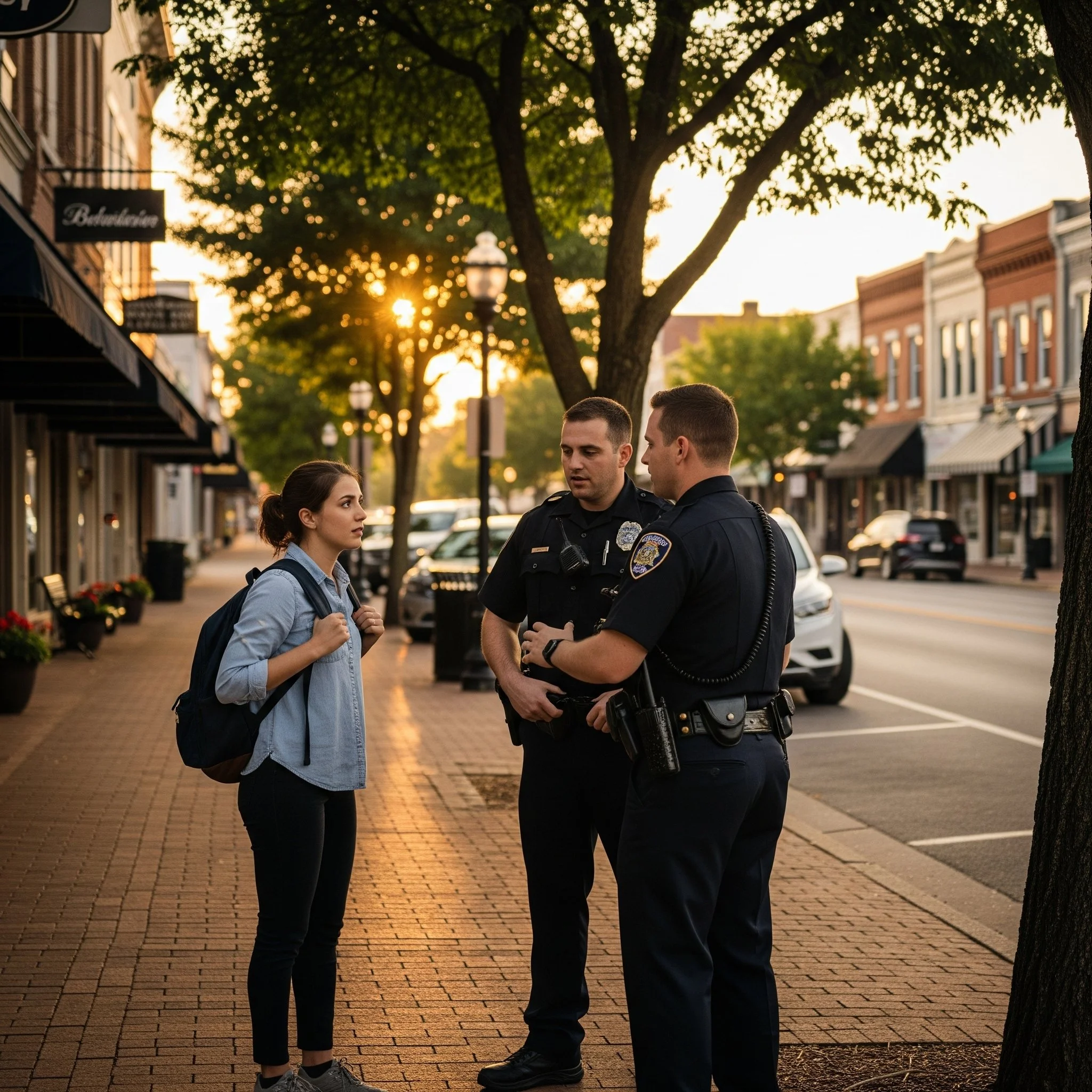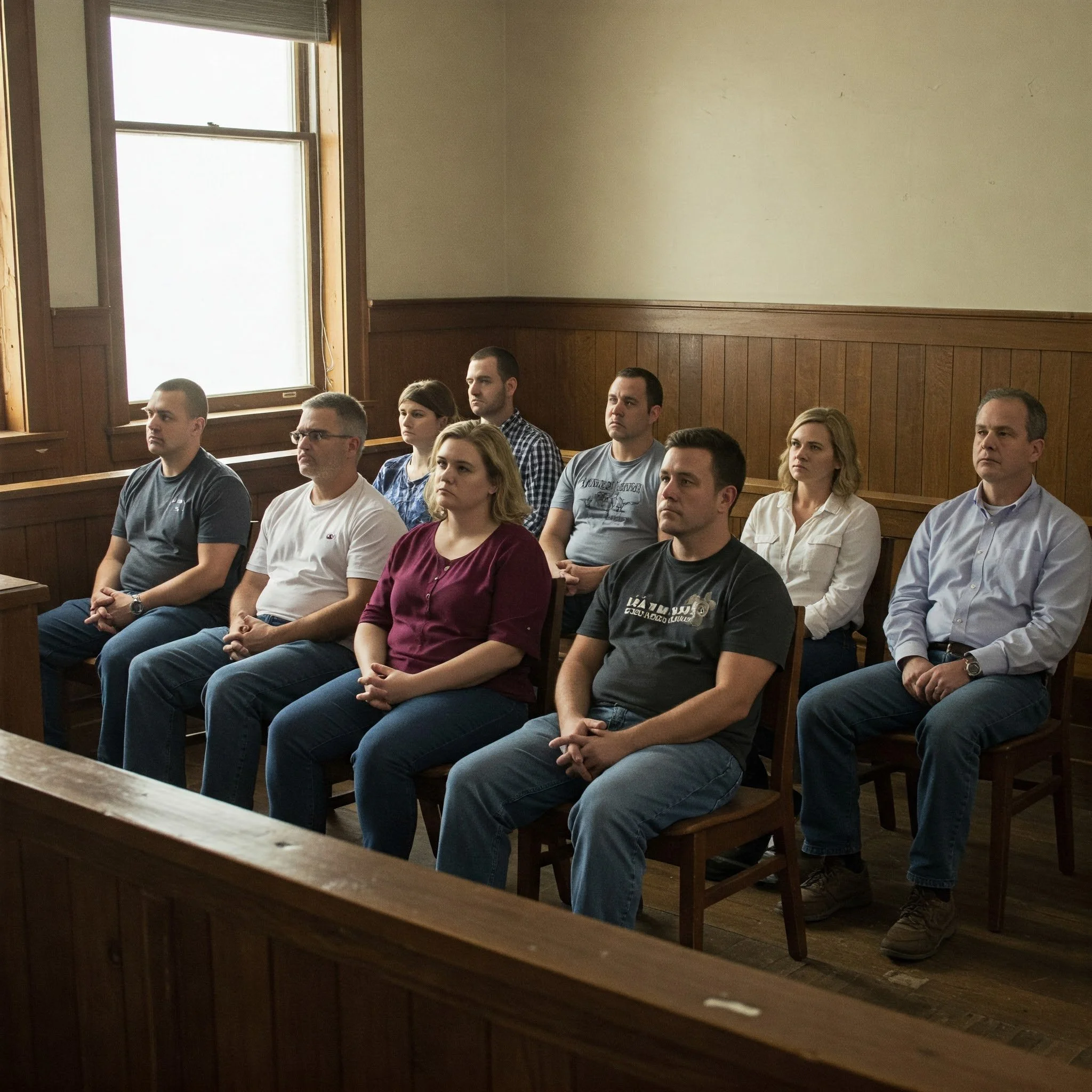Under Oklahoma law, the right of a criminal defendant to be present at trial is guaranteed by Article 2, Section 20 of the Oklahoma Constitution and Title 22 of the Oklahoma Statutes. While this right is fundamental, it is not absolute. Tulsa Oklahoma courts interpret this right as one that can be waived, either expressly by the defendant or impliedly through their conduct.
Are Portable Breath Tests Admissible?
Not at Trial!
Based on Oklahoma law and legal precedent, the primary legal argument for suppressing a portable breath test (PBT) in a DUI trial is that the results are inadmissible as a matter of law to prove intoxication or a specific blood alcohol concentration (BAC).
A defense attorney would file a "Motion to Suppress" or, more commonly, a "Motion in Limine" (a motion to prevent the prosecution from even mentioning the PBT results at trial) based on the following key arguments:
1. PBTs are Not Evidentiary Instruments
The central argument is that Oklahoma law distinguishes between preliminary, roadside screening devices (PBTs) and the official, evidentiary chemical tests (like the Intoxilyzer 8000) administered at a police station or detention center.
Limited Purpose: PBTs are legally intended for one purpose: to help an officer establish probable cause to make an arrest. They are screening tools, not diagnostic instruments.
Scientific Unreliability: The results are considered inherently unreliable for evidentiary purposes. Oklahoma courts have recognized that PBTs are not on the list of approved evidentiary breath-testing devices by the Oklahoma Board of Tests for Alcohol and Drug Influence (BOT).
2. Lack of Scientific Foundation (Unreliability)
A motion to suppress would detail the numerous, well-documented reasons why PBTs are scientifically unreliable, and therefore their admission would be highly prejudicial to the defendant. These reasons include:
No Standardized Calibration: PBTs are not subject to the same rigorous calibration, maintenance, and certification standards as the evidentiary Intoxilyzer machines.
Susceptibility to Contaminants: PBTs are highly sensitive to "mouth alcohol" and other interfering substances, which can create a falsely high reading. This can be caused by:
Recent consumption of an alcoholic beverage
Mouthwash or breath spray
Cough drops
Burping or acid reflux (GERD)
Environmental Factors: The results can be skewed by ambient temperature, humidity, and radio frequency interference.
Lack of Observation Period: Officers administering a PBT in the field do not conduct the mandatory 15-minute observation period required for an evidentiary test. This period is crucial for ensuring the subject's mouth is free from contaminants.
3. Prejudicial vs. Probative Value
The legal argument, rooted in the Oklahoma Evidence Code, is that even if the PBT result had any minimal "probative" value (tendency to prove a fact), that value is substantially outweighed by the danger of unfair prejudice.
Prejudice: A jury would likely be confused and give the PBT result the same weight as the highly regulated, scientific test from the police station. They might see a number and immediately assume guilt, without understanding the device's inherent flaws.
Probative Value: Since the PBT result is not a legally recognized measure of BAC, its only probative value would be to show the mere presence of alcohol, which is not illegal. Its value is minimal compared to the high risk of prejudice.
Author: Brian J. Boeheim
Brought to you by: Boeheim Freeman Law - 616 S. Boston Ave. - Tulsa, Oklahoma - 918-884-7791
Rebuttal and Impeachment Witnesses
The law does not require the impossible. Rebuttal and impeachment evidence is often introduced to address unexpected evidence presented by the opposing party, and the nature of rebuttal testimony makes it impractical to mandate prior disclosure. Courts have consistently held that rebuttal and impeachment witnesses need not be endorsed or disclosed in advance, as the evidence they provide is contingent on the developments during the trial.
The Strategic Advantages of a Bench Trial
Opting for a bench trial, where a judge solely presides over and decides a case without a jury, can offer significant strategic advantages in certain legal situations. This alternative to a traditional jury trial is often chosen for its efficiency, reliance on legal expertise over emotional appeals, and its suitability for complex legal arguments.
Know Your Rights: Walking in Oklahoma
In Tulsa, Oklahoma; a pedestrian is not legally required to produce and hand over state-issued identification to a police officer during a casual or consensual encounter. This is not an absolute right, as the legal obligation to identify yourself hinges entirely on the nature of the police interaction.
Understanding a Bench Warrant Under Advisement in Oklahoma
Pleading the Fifth: It Doesn't Mean You Can Always Remain Silent
The Fifth Amendment is a fundamental safeguard for the individual against the power of the state. But it's not a magic wand to avoid any and all uncomfortable questions in a legal setting. It is a specific and vital protection against being forced to be a witness in your own criminal downfall, and nothing more.
Defining Legal Possession of Guns or Drugs
Drug Trafficking - The Presumption of a Greater Crime
A significant misperception exists surrounding the criminal charge of drug trafficking in Oklahoma. The critical element that escalates a charge from simple possession to the much more severe offense of trafficking is not proof of sale, distribution, or transportation. It is purely the weight of the substance found in a person's possession.
Objection Hearsay! What Does that Mean?
At its core, the rule against hearsay is designed to ensure that evidence presented in court is reliable, credible, and can be tested for its truthfulness. Ultimately, the hearsay rule and its exceptions represent a careful balancing act. The goal is to filter out unreliable gossip and second-hand accounts while still allowing for the admission of evidence that, despite being hearsay, carries strong indicators of trustworthiness.
The Gun Under the Seat: Why It's Legally Yours
Rising Gun Violence and Death Among Teens
Illegal Seizure and the 4th Amendment
Prosecutorial Discretion
Incompetence or Insanity?
The Big Debate on Bail Bonds
We have seen recently how having too low a bond allowed defendants with long violent criminal records to get back out on the street, only to commit more crimes and in some cases the death of innocent people. Judges have a difficult decision in balancing the constitutional rights of a defendant, who is innocent until proven guilty,


















